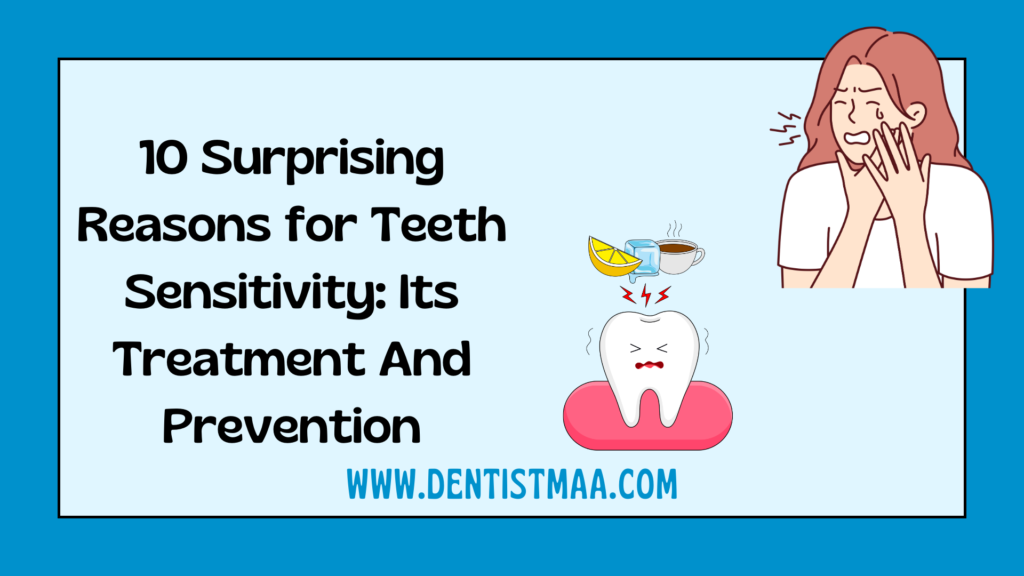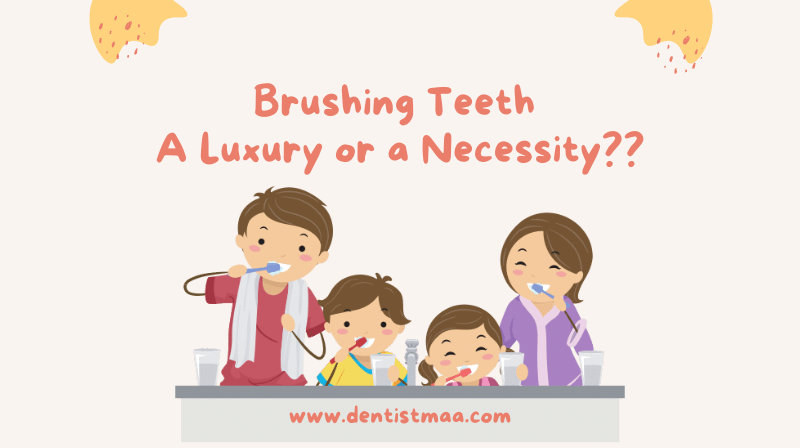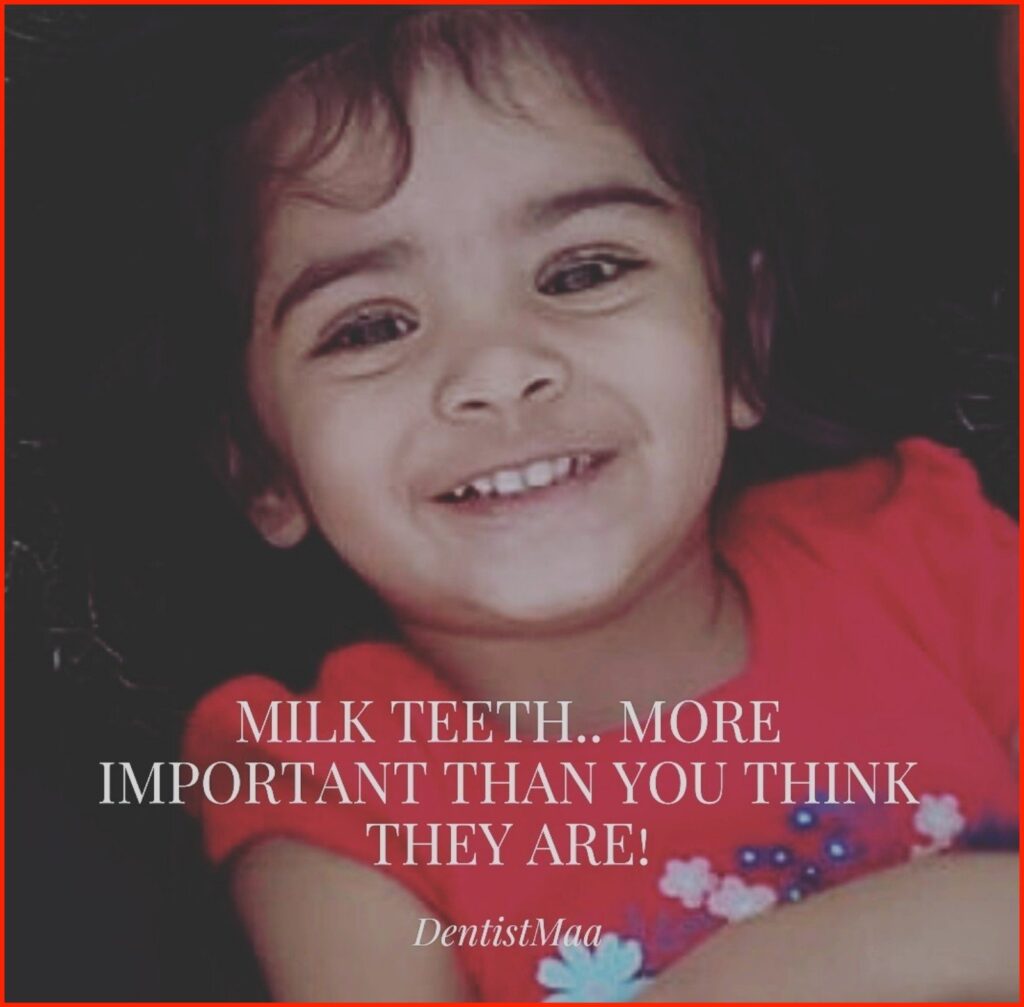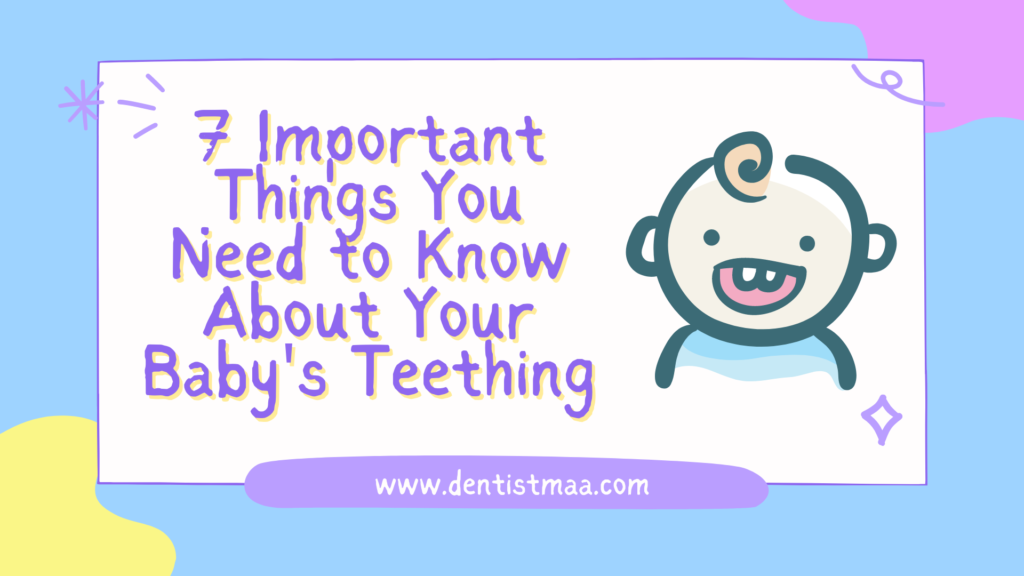Teeth Sensitivity is an enhanced response of the tooth to stimuli such as cold, hot or sweet. It is a sharp sensation that you feel in your tooth.
It is a common dental problem which can be treated without a very invasive dental procedure. But you need to visit your dentist for it and get proper treatment. If you have a slight sensitivity in any of your teeth, the best thing to do is to visit your dentist immediately. Otherwise, a dental visit once every six months is mandatory for a routine dental check-up.
1. Brushing Vigorously

When you brush vigorously it leads to erosion of the surface enamel, which will expose the dentin beneath it. This will lead to sensitivity when your teeth are exposed to hot, cold, sweet or even air. The dentinal tubules get exposed which causes teeth sensitivity.
How will you know you are brushing too hard?
1. Your toothbrush will fray in a few days, and it will be time to get a new one.
2. Your teeth might start getting cuts at the junction of the tooth and gums.
3. Your gums will start receding.
4. You might start feeling sensitivity in your teeth.
Treatment and Prevention :
1. The first thing to do is stop brushing too hard and start using a soft toothbrush.
2. Visit your dentist and get a proper checkup done. Your dentist might advise fillings in the teeth that have abrasions caused by aggressive brushing.
3. You can use a sensitivity toothpaste as prescribed by your dentist.
2. Grinding of Teeth

Grinding teeth is another reason for teeth sensitivity. When we grind our teeth again, the tooth’s enamel from the occlusal surface (the surface of the teeth that helps in chewing) erodes and dentin is exposed. This leads to the sensitivity of teeth. Mainly grinding happens during sleep and most of us are unaware of it.
Why do we grind our teeth?
1. Stress and anxiety
2. Change in occlusion
3. Sleep apnea
4. Alcoholics, tend to grind their teeth more
Grinding of teeth is seen in adults as well as in children. The main cause of grinding in children is eruption of teeth, malocclusion or stress.
Related: Grinding of teeth in toddlers
Myth: Teeth grinding in children is due to parasitic worms in the stomach.
According to various published studies, parasitic worms have no role in teeth grinding in children.
Treatment and Prevention:
1. Stress management therapy
2. Treatment for sleep apnea
3. Visit a dentist to get the occlusion corrected if there is any change in occlusion
4. Visit a dentist and get a night guard. This will help in reducing the stress on your jaws and teeth while you are asleep
5. Regular exercise and yoga to relieve stress
3. Gastroesophageal Reflex Disease (GERD)

When the acid from your stomach repeatedly comes through the oesophagus to your mouth it is called gastroesophageal reflux disease. This acid can erode the enamel of your teeth and can cause teeth sensitivity.
Treatment and Prevention:
1. Visit your gastroenterologist and get a proper check-up and treatment done.
2. Avoid taking acidic food
3. Eat 2-3 hours before bedtime
4. Visit your dentist and get fluoride application or crowns done, whichever your dentist feels is the best option.
5. Use fluoridated toothpaste and mouthwash.
6. Avoid smoking and alcohol.
7. Visit a dentist regularly.
4. Acidic Food

Having too much acidic food like lemons, tamarinds, sodas etc., can again cause the enamel to erode and thus teeth sensitivity. Make sure you avoid taking such food and drinks on a daily basis. Water is the best thing to drink when you are thirsty.
Treatment and Prevention:
1. Reduce the frequency of the acidic food.
2. Use a straw while drinking drinks like soda.
3. Visit your dentist and if there are any erosions get them treated.
5. Gum Disease

Gum disease is another reason for teeth sensitivity. Gum disease can cause your gums to recede exposing the roots of your teeth. This can cause sensitivity. Also, gum disease can be a cause of infection. This infection can be another reason for sensitivity and pain.
Treatment and Prevention:
1. Maintain good oral hygiene
2. Visit your dentist and get a proper treatment done. Cleaning and root planing followed by grafting can be a treatment option for receding gums. This will help in reducing teeth sensitivity.
3. Use a soft toothbrush.
4. Avoid very hot or icy food.
6. Poor Oral Hygiene

One of the most important reasons for any kind of pathology in the mouth (oral cavity) is poor oral hygiene. When you do not brush and floss your teeth you are invading bacteria in your mouth. This bacteria can decay your tooth surface i.e. cause cavities which might lead to the sensitivity of teeth. When you have only sensitivity to cold or sweet, it is likely that the cavity is not very deep and can be treated by filling alone. When you have sensitivity to hot, it is most likely that your tooth will go for a root canal treatment.
Plaque accumulation is also one of the main reasons for teeth sensitivity which causes gum disease. This plaque becomes hard and forms tartar (calculus) which can not be removed with a toothbrush.
Related: Is brushing teeth a luxury or a necessity?
Treatment and Prevention:
1. Brush twice daily using a pea-sized fluoridated toothpaste. For kids use a grain size of kids age-appropriate fluoridated toothpaste twice daily till the age of 3 years and a pea size after the age of 3 years.
2. Floss once daily. If you find it hard to floss your teeth using a flossing thread, use a water flosser. For kids, start flossing once daily when your child’s teeth start coming in contact with each other.
3. Visit your dentist once every 6 months, and if there is even a small cavity your dentist can fill it.
4. Get your cavities filled. If the cavity is small, you might just need a filling. If the cavity is deep, a root canal might be required.
5. A complete scaling i.e. cleaning of teeth is required at least once every 6 months.
Related: 10 Exciting ways to get your kids to brush their teeth
7. Using Mouth Wash Too Often

Not all mouthwashes are the same. Some mouthwashes have alcohol and other products in them which causes erosion of the surface of the tooth and dry mouth due to reduced salivary flow. Using mouthwash for a long time can also cause staining of teeth. So, the best is to avoid using these mouthwashes.
Treatment and Prevention:
1. Avoid alcohol-based mouthwashes, instead, you can use an alcohol-free mouthwash.
2. Do not use mouthwash for more than 15 days at a stretch.
3. If you have teeth sensitivity as you have been using a mouthwash for a long time, please visit your dentist and get it checked and treated.
4. If you are using a mouthwash for mouth freshener, use sugar-free gum instead.
Best Mouthwash: Warm Saline Water (Luke Warm Water With Salt)
8. Cracked Teeth

Cracked teeth can be a reason for severe sensitivity and pain. When there is a crack in the tooth, the nerves are exposed and this causes pain and sensitivity, especially when you chew. There is no cure for a cracked tooth at home. You need to visit your Endodontist (a dentist who deals with the pulp of the teeth, a root canal specialist).
Treatment and Prevention:
1. Avoid biting your nails and things like ice and hard candies.
2. Bruxism (grinding of teeth) can be another reason. Relax, meditate and get a night guard made to prevent bruxism.
3. Visit your endodontist and get a proper check-up and treatment done.
9. Using Teeth Whitening Toothpaste

Tooth whitening toothpastes have a higher quantity of abrasive content and if used for a long time can erode the surface of your enamel and cause teeth sensitivity. If you want whiter teeth visit your dentist and get a teeth whitening treatment done rather than using a whitening toothpaste.
Treatment and Prevention:
1. Avoid teeth whitening toothpastes.
2. If you have teeth sensitivity due to the usage of tooth-whitening toothpaste, visit your dentist and get it treated.
3. For teeth whitening, visit your dentist and get proper teeth whitening treatment (bleaching).
10. After Teeth Whitening Procedures

Teeth whitening procedures can cause mild teeth sensitivity which is not permanent. So, it is not the same as the teeth whitening toothpaste. If your dentist is using proper technique and good material your teeth sensitivity will not be prolonged.
Treatment and Prevention:
1. Get it done professionally.
2. Brush with a pea-sized fluoridated toothpaste.
3. Avoid very hot or cold food for a few days.
4. You can also use a sensitivity toothpaste.
Teeth Sensitivity is often ignored by many and when it becomes more severe, or when the tooth is damaged extensively will seek treatment. Ideally, this is not the right way and teeth sensitivity is a signal that something is wrong. Visit your dentist as soon as you feel the slightest of teeth sensitivity or the best is to visit once every 6 months.






